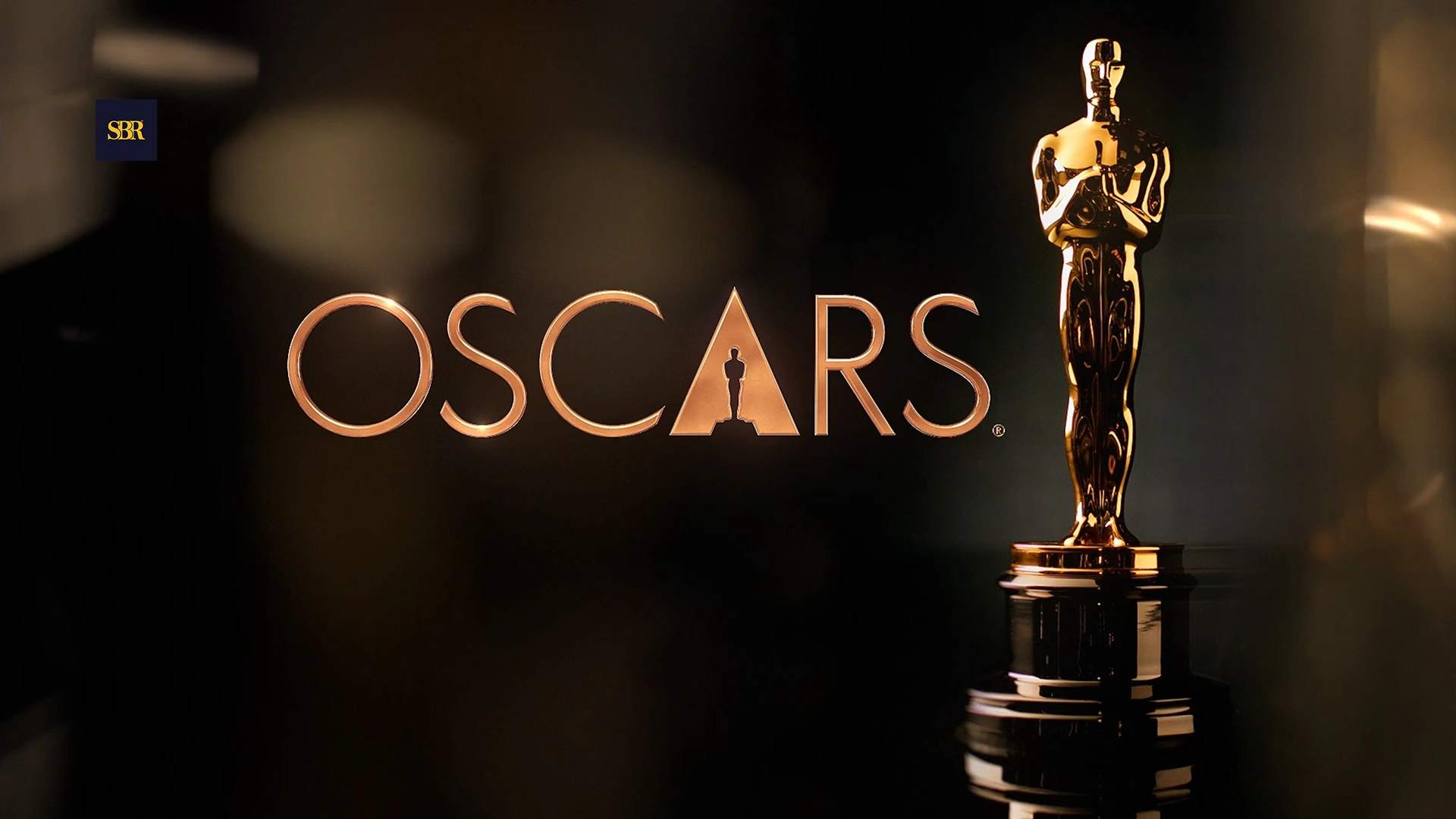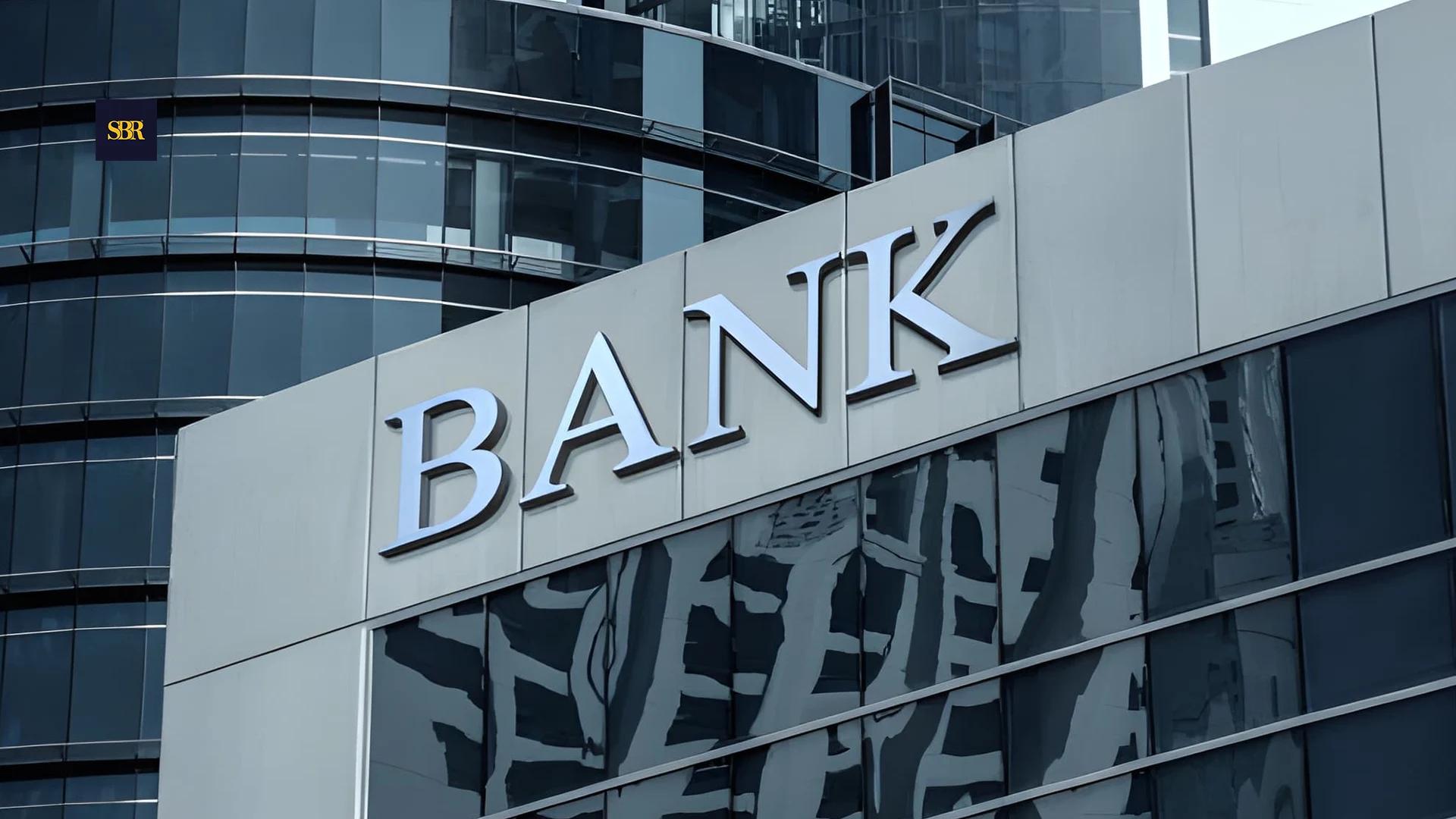WASHINGTON / CAMBRIDGE / LATIN AMERICA, Sept. 23, 2025 — The first half of the current fiscal has seen a number of mergers and acquisitions, and business deals in the Edtech sector globally. There has also been constant research and development to boost digital transformation strategy.
While startups raised sizeable capital and leap-frogged to offer tech-loaded solutions, an interesting trend based on human capital in Edtech has come to the fore.
Various initiatives have been recently launched to tap the creative potential of students, teachers and Edtech leaders for developing digital solutions that could meet day-to-day community needs.
Last month, First Lady Melania Trump announced the US Presidential AI Challenge for K-12 students and educators, a national initiative for young people and teachers to design AI projects that tackle community challenges.
Launched by the US government, the Presidential AI Challenge is a nationwide initiative designed to equip students and educators with skills in artificial intelligence while encouraging the development of AI-powered solutions to community issues.
The program was established under Executive Order 14277, Advancing Artificial Intelligence (AI) Education for American Youth, signed by President Trump in April 2025.
Almost a month later, on September 22, tech giant HP and Cambridge expanded their EdTech Fellowship to Latin America and the Caribbean, providing Edtech leaders a platform for developing social impact solutions.
Notably, the HP-Cambridge Partnership for Education EdTech Fellowship has expanded to Latin America and the Caribbean, welcoming 27 senior education leaders and policymakers from across 14 countries: Argentina, Belize, Brazil, Chile, Colombia, Costa Rica, Dominican Republic, El Salvador, Jamaica, Mexico, Peru, Suriname, Trinidad & Tobago and Uruguay. After its success in Europe, Asia, Africa and the Gulf, the Fellowship has reached its fifth edition.
Know More About the US Presidential AI Challenge
National Call to Students and Teachers: Participation from kindergarten through 12th grade students, as well as K-12 educators, across the United States has been invited by the Presidential AI Challenge. Teams of students will design projects with the application of AI tools to find solutions to local or regional challenges. Classroom innovation will be the focus for educators, who would have work on new approaches to teaching AI concepts or using AI-based tools.
The Challenge is aimed at “fostering interest and expertise in AI technology in America’s youth.”
Early training will be imparted to participants for responsible use of AI tools, with the goal of preparing students to be “confident participants in the AI-assisted workforce.”
First Lady Melania Trump made the announcement of the initiative through a video message saying that “educators will guide and empower participants to build a brighter, stronger future.”
Eligible Participants and Prizes: The Challenge has been divided into four categories which include elementary (grades K-5), middle school (grades 6-8), high school (grades 9-12), and educators.
An educator or community leader has to lead elementary groups and work under direct supervision when using AI tool. A supervising adult will support Middle and high school teams consisting of one to four students. Educators have been asked to join the competition as individuals or teams of up to three, including homeschool educators who can provide proof of eligibility. Register at the Challenge website and selecting a project track is mandatory.
A Presidential Certificate of Participation will be given to all compliant submissions. The teams that enter the optional competition will be eligible for additional recognition and prizes.
A Certificate of Achievement, cloud credits, and access to online resources will be given to state champions. Regional Champions will gain further recognition and eligibility for a White House showcase.
Most importantly, National Champions will receive a Presidential Award Certificate, cloud credits, and $10,000 in funding, allocated to schools, community groups, or individual team members depending on category.
Why Did HP and Cambridge Expand the Fellowship Initiative?
The Fellowship is developed by Cambridge University Press & Assessment (Cambridge) in collaboration with HP Inc. It supports leaders in delivering digital solutions which are in-sync with their communities. The Fellows engage in a hybrid program for five months with virtual collaboration and a residential academy in Cambridge, UK.
A collaboration between the Fellows, international specialists and peers is arranged to tackle real-world EdTech challenges using user-centered design. One-on-one coaching and leadership development are also a part of the program to equip participants to drive meaningful digital transformation in their education systems.
Jane Mann, Managing Director, Partnership for Education, Cambridge said: “We are thrilled to welcome our new Fellows, leaders who are harnessing technology to make learning more inclusive, effective and sustainable. Through this Fellowship, we will work together to apply evidence-based insights and navigate rapid innovation for a brighter, more equitable future.”
Mayank Dhingra, Global Director, Education Business and Strategy, HP Inc. said, “The new EdTech Fellows bring fresh thinking and bold solutions to some of the region’s toughest education challenges. Their work will help expand access, build capacity and create lasting impact for learners across the continent.”
The fellowship, developed by Cambridge University Press & Assessment (Cambridge) with HP Inc., helps leaders design digital solutions that meet the needs of their communities.
Inputs from Saqib Malik
Editing by David Ryder

















